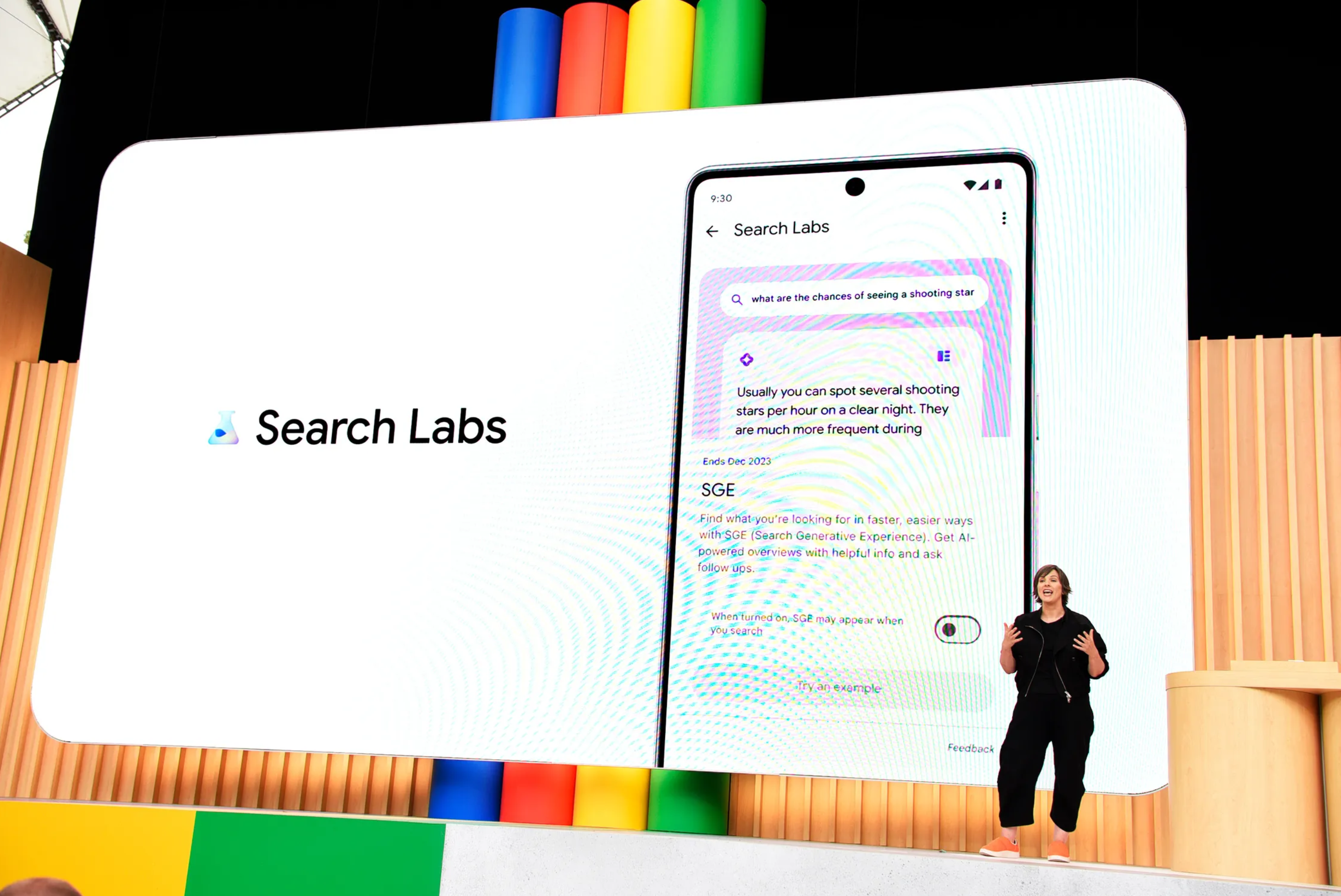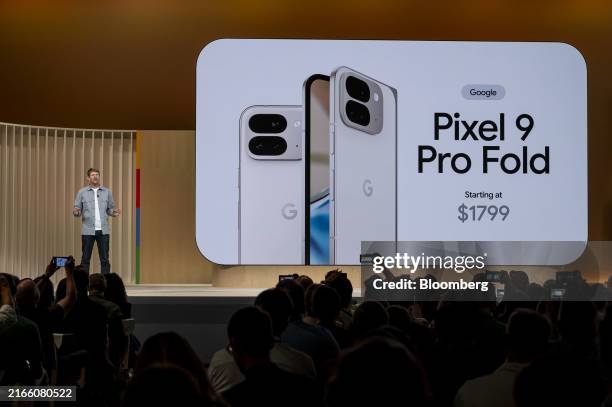The tech review community has long navigated a complex relationship with brands, where the lines between genuine opinions and promotional content often blur. Google’s recent actions with its Pixel 9 launch, however, have raised new concerns about the integrity of this relationship. The tech giant’s exclusive Team Pixel program, designed to provide influencers with early access to Pixel devices, has come under fire for imposing strict conditions that many see as crossing an ethical line.
Historically, Team Pixel has been a coveted opportunity for up-and-coming influencers. By providing early access to Google’s latest smartphones, the program allowed creators to showcase new products to their audiences before the general public could get their hands on them. But this year, the program introduced a new clause that sent shockwaves through the community: influencers were instructed not to feature or favor competitors’ devices in their content, with the threat of expulsion from the program looming over those who did.
Screenshots of this clause began circulating on social media, with influencers sharing their frustrations on platforms like X and Threads. The agreement, which stated that creators must “feature the Google Pixel device in place of any competitor mobile devices,” also included a stark warning that any perceived preference for other brands would result in the termination of their relationship with Google. The abruptness and severity of this clause left many feeling that they were being forced to choose between their access to exclusive content and their independence as creators.
This controversy sparked a broader conversation about the role of influencer programs in the tech industry. Unlike traditional review programs, where products are loaned to reviewers with no strings attached, Team Pixel’s approach blurred the line between review and advertisement. The distinction is crucial because it shapes how audiences perceive the content — whether it’s an honest assessment or a brand-driven promotion.
Google, for its part, responded quickly to the backlash. Kayla Geier, a communications manager at Google, clarified that the language in the Team Pixel agreement was not intended to apply to all reviewers, and it had been removed following the uproar. She emphasized that Team Pixel is distinct from Google’s formal press and creator review programs, which do not impose such restrictions.
Despite this clarification, the incident highlighted the delicate balance between maintaining access to products and preserving editorial integrity. For many smaller creators, participation in programs like Team Pixel can be a significant boost, offering them early access to devices that might otherwise be out of reach. But when that access comes with strings attached, it raises questions about the authenticity of the content being produced.
Adam Matlock, a tech creator who has been part of Team Pixel for over five years, reflected on how the program had changed. Initially, the only requirement was to use specific hashtags to disclose the relationship with Google, making it a low-pressure way to gain access to new devices. However, the recent stipulations felt different, introducing a level of control that many found troubling.
The broader implication of this incident is a growing awareness of how brand-influencer relationships can shape the tech review landscape. As companies increasingly rely on influencers to drive consumer interest, the pressure to conform to brand expectations may continue to rise. For creators, this means navigating a complex environment where the lines between content creation and brand advocacy are becoming increasingly blurred.




